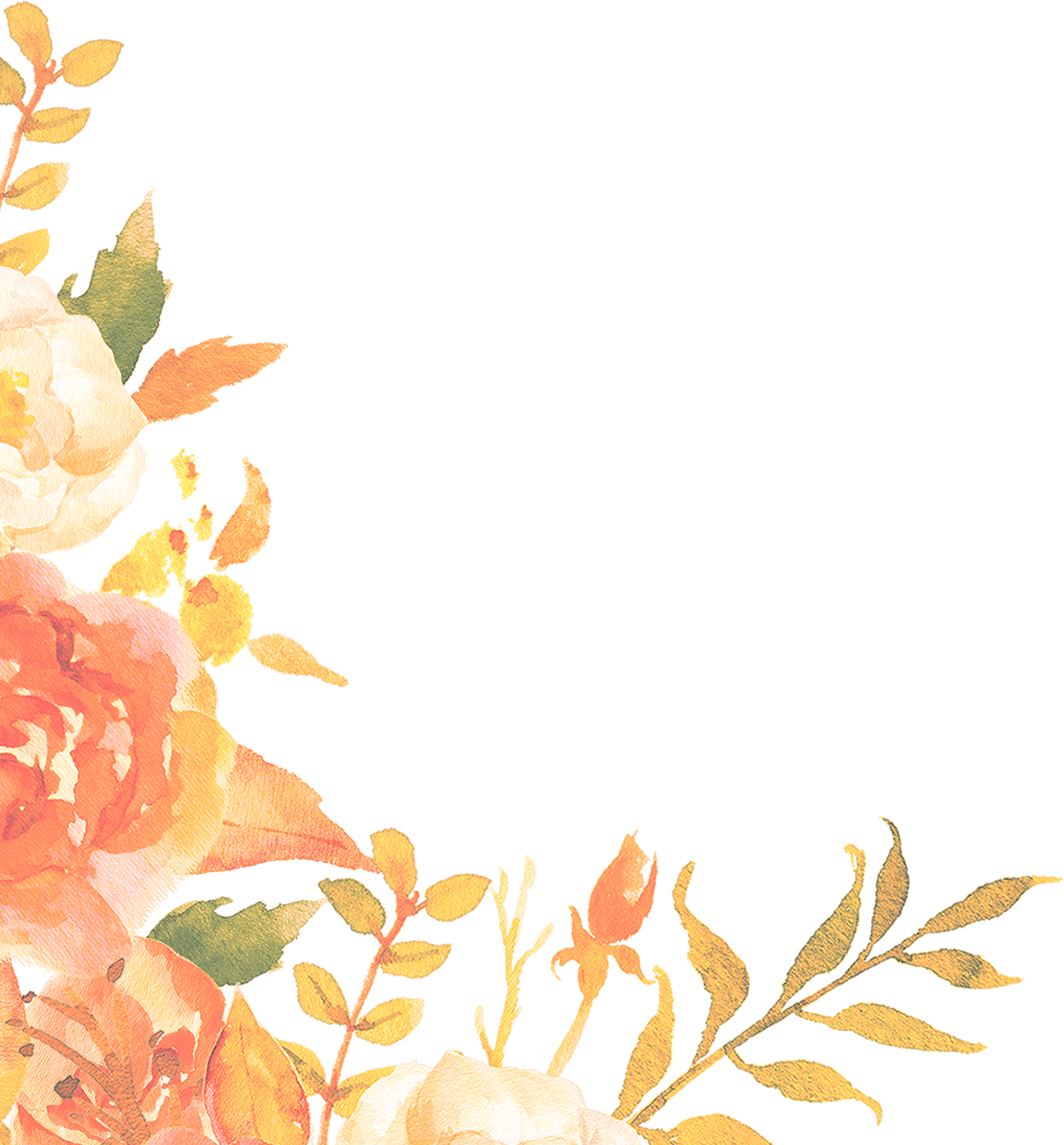



Excellent. It has given me a lot of tools to increase my happiness and an understanding of what makes a happy person. I would very much recommend this course to others.
-PAST CLIENT
Last week we looked at reasons why the practice and attitude of forgiveness is related to psychological wellbeing. In a nutshell, the negativity of holding on to resentment and hostility backfires: it hurts us far more than it does whoever has wronged us. Today lets us look at how to approach forgiveness. According to Sonja Lyubomirsky, forgiveness entails a shift in thinking. We have achieved it when we no longer want to avoid or harm the offender, and instead wish to do him or her well. This is no small feat, she stresses, but the challenge can potentially reap us enormous rewards.1
Bono and McCullough advise that in the act of forgiveness, four emotional and perceptive factors come into play: 1. Empathy for the offender; 2. Recognising one’s own shortcomings; 3. A generous review of the factors that contributed to the offender’s actions; and 4. Rumination on the incident.2
Empathy, which means being able to identify with the feelings, thoughts, and attitudes of another person, is strongly linked to forgiveness. According to Bono and McCullough, on the one hand empathy has an impact on people’s ability and willingness to forgive, and on the other, individuals who forgive trespassers tend to have more empathy for them than do people who don’t forgive. By mustering more empathy for an offender than they would typically have, individuals were more readily able to forgive him or her.3 To practice empathy toward transgressors, Lyubomirsky recommends considering their perspective, particularly when we don’t understand their behaviour. What are their feelings, thoughts or intentions that might explain what they did?4
For example, last night while driving home, I noticed a couple of teenagers dashing through bushes beside the suburban street, and the next moment there was a bang on the car. They had thrown a raw egg at the window! In aiming to be empathetic, I might consider that boredom motivated them – it must add excitement to their night to hide in bushes and splatter cars. In my day in Europe we had youth clubs, but they don’t exist here, and entertainment for teenagers is sparse. Perhaps the boys are destructive because they have not learned to be creative. Plus the media they potentially consume is full of destruction. It’s a shame for them, really.
The next factor involves considering our own shortcomings and remembering the mistakes we made. Bono and McCullough write that one way to increase empathy and thus forgiveness is to wake up to our potential for being hypocritical as victims. Victims who can remember events in which they failed in similar ways to the offender, or can admit that they might have behaved similarly in the trespasser’s circumstances, find it easier to forgive.5
My ex-husband and I attended a course called Renewing Love when we were newly married. He jointly owned a farm with his brother, and when we met they lived in the same house. The brother and I did not see eye to eye, to put it mildly. He had wronged me via a list of offenses, starting with the one the first time I came to stay in the house. He had told me to ‘get out’ or he would fetch his gun. But Jo Anderson’s video course really challenged my self-righteous view of events. Although almost 20 years ago, I still recall her line of questioning: So that person has done this to you. But what did you do? (Nothing, I quickly thought.) How many times have you badmouthed the person to others? (Umm, numerous times.) How much did you embellish their faults and trespasses? (Umm, I suppose I did.) Did you look for opportunities to put them down, make them look bad, and yourself good? (Arrgh, it’s true; I really did.) I never forgot that lesson, because it woke me up to my own hypocrisy. Nowadays I am mindful of having behaved so badly and foolishly on so many occasions in my life that I cannot cast more than a few stones before waking up to myself.
Lyubomirsky in fact suggests considering an instance in which we were forgiven. In appreciating a time when we did harm but were consequently forgiven by others should include questions such as: Why did they forgive us? Was there a benefit for them in doing so? Did our relationship with them change? What did the experience teach us, and what insights did we gain? Lyubomirsky argues that this exercise will show us how to forgive and teach us what can be gained from being mercyfull.6
The next perception to help us forgive is to become generous about the offender’s circumstances. Bono and McCullough write that unless we consider circumstantial factors, which contributed to the transgressor’s actions and make these less intentional, we cannot move on from feeling hurt and indignant about their offense. Gaining an understanding and explanation for the offender’s predicament helps us overcome our natural reactions to being wronged, and assists us in forgiving.7 Lyubomirsky suggests writing the letter of apology we would like to receive from the transgressor upon them learning that we have forgiven them. That’s right. We sit down and work out the explanations he or she might offer us, as accurately and as believably as we can. Lyubomirsky points out that receiving an apology from an offender fosters forgiveness because it brings out our humanity and empathy with another human being who admits to being imperfect and vulnerable.8 It sounds odd but it actually makes sense: if an apology, which would have helped us feel empathy for the wrong-doer, is not forthcoming, then we undertake steps to find these feelings ourselves.
Lastly, the bad habit of ruminating also raises its ugly head in the research on forgiveness. Ruminating means to ponder or re-chew an event, over and over. It is a destructive habit linked to depression, alcohol use, anxiety, and importantly to this discussion, anger. According to Bono and McCullough, studies have shown that when people ruminated on a transgression or transgressor above and beyond what was typical for them, it increased their desire to avoid the offender or take revenge on him or her. It reduced their benevolence, their goodwill. Individuals who tried to suppress their ruminating but nevertheless engaged in it showed less ability to forgive after 8 weeks. Those who managed to reduce their ruminating, however, were much more successful at forgiving an offense. Bono and McCullough conclude that rumination may prevent forgiveness.9
It seems to me that best way to stop ruminating on an upsetting event is, in fact, to forgive it. Perhaps that’s why we have the saying forgive and forget; because without forgiving we cannot forget!
© Natalie Lydia Barker 2016
Notes
No Comments